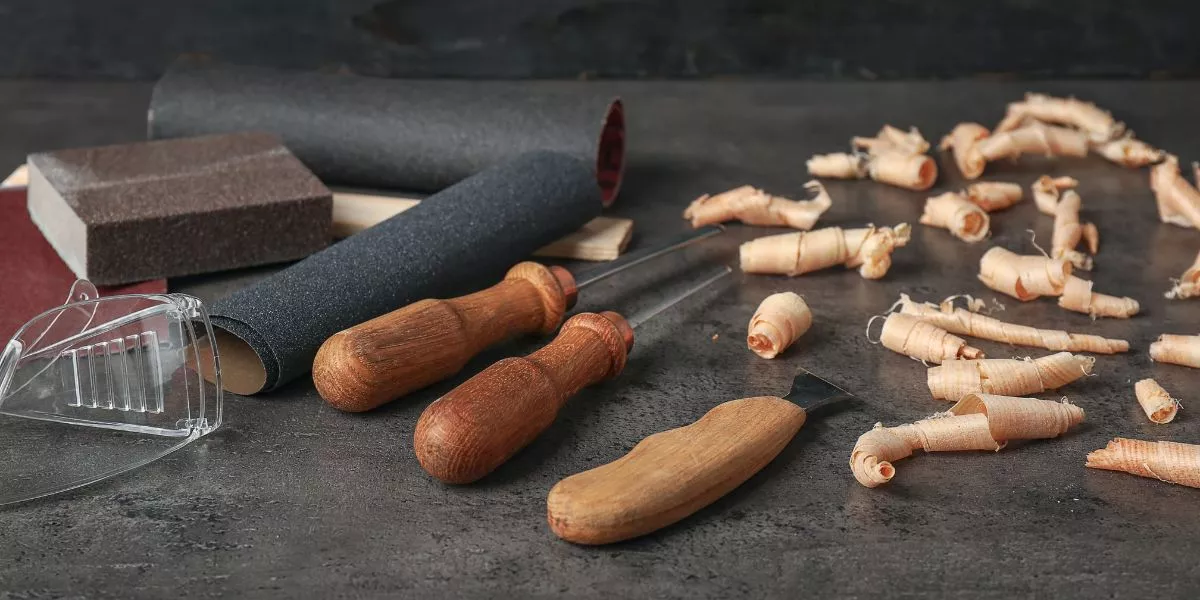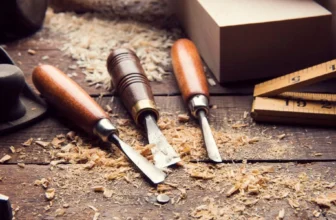
When you're considering cheap woodworking supplies, it's easy to be lured in by the low prices. Sure, they might let you experiment without breaking the bank. But have you thought about the potential downsides? Poor quality can lead to frustration and wasted time. It's crucial to weigh your options carefully. What if the savings you think you're getting actually cost you more in the long run? Let's explore this further.
Understanding the Cost of Cheap Woodworking Supplies
When you dive into woodworking, understanding the cost of cheap supplies can save you both money and frustration.
Cheap materials often lead to poor results; low-quality wood can warp, crack, or splinter, costing you time and effort on repairs. You might think you're saving money upfront, but those savings can vanish quickly if you have to redo projects.
Additionally, cheap tools often break or wear out faster, requiring more frequent replacements. This not only increases your overall expenses but can also hinder your progress.
It's essential to balance your budget with quality; investing in reliable supplies will enhance your craftsmanship and ensure your projects stand the test of time.
In the long run, that investment pays off.
Benefits of Using Budget-Friendly Tools and Materials
While it might seem counterintuitive, using budget-friendly tools and materials can actually enhance your woodworking experience.
First, these options allow you to experiment without the fear of wasting a lot of money. You can try new techniques or projects without financial stress, which encourages creativity.
Additionally, budget-friendly tools often require you to develop your skills, helping you become a more proficient woodworker. You'll learn to adapt and improvise, making you resourceful in your approach.
Plus, many affordable materials can still yield impressive results when used creatively.
Lastly, investing in budget supplies means you can spend more on quality wood or unique features for your projects, maximizing your overall craftsmanship.
Embrace these options and watch your skills grow!
Potential Drawbacks of Low-Cost Options
Although budget-friendly options can be appealing, they often come with potential drawbacks that can impact your woodworking projects.
First, low-cost materials might lack durability, leading to faster wear and tear. You could find yourself replacing tools or supplies more frequently, negating any initial savings.
Additionally, cheaper tools may not perform as well as their higher-quality counterparts, resulting in frustration during your projects. Inaccurate cuts or uneven finishes can hinder your craftsmanship.
Furthermore, safety may be a concern; inexpensive tools mightn't meet safety standards, putting you at risk while working.
Ultimately, while saving money is important, consider whether the trade-offs in quality and safety are worth it for your woodworking endeavors.
Making the Right Choice for Your Woodworking Projects
Choosing the right supplies for your woodworking projects can make all the difference in achieving the results you desire. When you're selecting materials, consider both quality and cost. While cheap options may seem appealing, they can lead to frustration down the line.
Think about the type of project you're tackling—some require durable wood, while others may allow for more flexibility with lower-cost materials.
It's also essential to match your tools to your skill level. Investing in reliable tools can enhance your efficiency and enjoyment.
Don't forget to read reviews and seek recommendations from experienced woodworkers. By taking the time to choose wisely, you set yourself up for success, ensuring your projects turn out beautifully and last for years to come.
Conclusion
In the end, it's crucial to weigh the pros and cons of cheap woodworking supplies. While they might save you some cash upfront, the potential for frustration and poor results can outweigh those savings. Investing in quality materials and tools not only enhances your craftsmanship but also ensures your projects stand the test of time. So, before you make a purchase, consider how much you value your time and the outcome of your work. Choose wisely!




